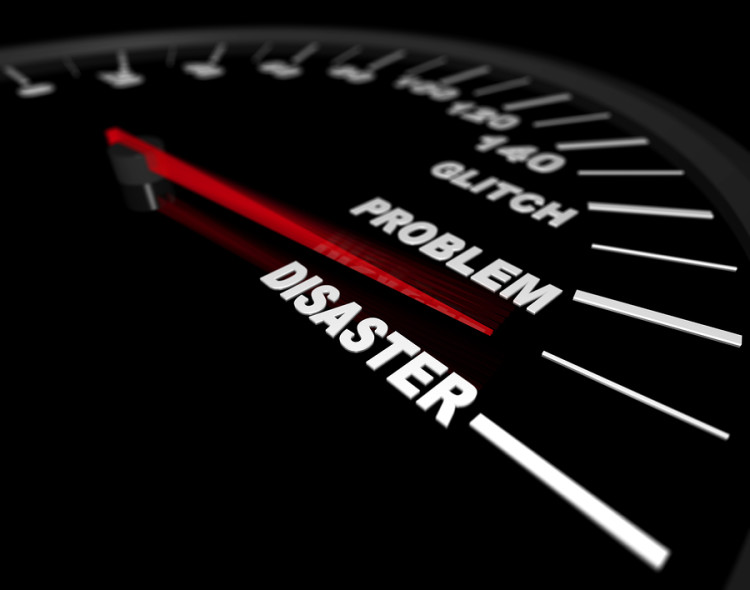*New York and Jerusalem Partnership Plans to Defend Water Supply

©2015 Bloomberg News
NWIYKB6S972B
(Bloomberg) — New York and Jerusalem, no strangers to terrorism, are joining forces to protect their water supplies from cyber-attack.
The goal is to create the “Food and Drug Administration of cyberdefense for water infrastructure,” Zohar Yinon, who runs Jerusalem’s Hagihon water utility, said after formalizing the partnership with New York City officials in Tel Aviv.
The joint effort will start by identifying weaknesses in the networks used to manage sewage and water flows and then create solutions to shore them up, first at a facility in Jerusalem and later at a larger site in New York. The two cities are natural allies because they both have “high visibility,” according to Steve Lawitts, first deputy commissioner of New York’s Department of Environmental Protection.
“When there is a water problem, shortage or no water at all for just a couple of hours, everyone starts to panic,” Yinon said. “Imagine what might happen in the Middle East if the water we are supplying to both Jews and Arabs gets contaminated by cyber-attack and we don’t find out about it in time.”
Growing Threat
The U.S. government’s Industrial Control Cyber Emergency Response Team was called in to manage 38 incidents last year, an increase of more than 50 percent from 2012, according to a report by the Department of Homeland Security, which oversees the unit. No details of the events were given in the report.
Cyber-attacks can contaminate, slow or stop water flow as well as cause overflows or damage pumps and pipes. New York City’s water system supplies about 9 million people, while Jerusalem’s caters to about 1 million.
Computer security companies will be invited to test their software at the NYC-Jerusalem “clinic,” and success in the trial sites will mean a market boost, according to Yinon. The hope is not only to safeguard water and sewage infrastructure, but to find solutions for an industry that, in general, has been slow to respond to the growing threat posed by hackers.
“The issue is that water infrastructure, similar to power infrastructure, was built a long time ago and still works,” said Ilan Barda, chief executive officer of Radiflow, a Tel Aviv- based company that provides cybersecurity solutions for critical infrastructure.
Water utilities are particularly conservative about adopting defensive software because products currently available can slow operations, said Barda, who introduced New York City’s Lawitts and Yinon.
“This is exactly the dilemma the industry needs to address — how to work with the operators and give them security that won’t impact their operations,” Barda said.
To contact the reporter on this story: Gwen Ackerman in Jerusalem at gackerman@bloomberg.net To contact the editors responsible for this story: Tom Giles at tgiles5@bloomberg.net Brad Cook, Kim McLaughlin
**************************************
The fact that they have not done this before is scary! —-W.







No Comment